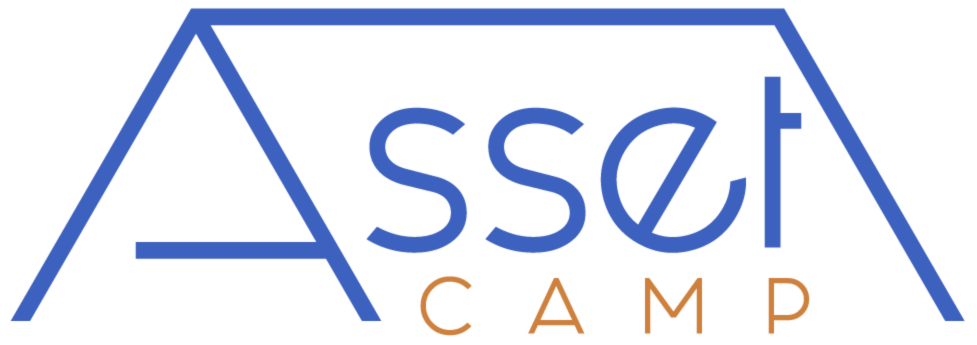A common stock is an investment security that represents ownership in a publicly-traded company. Publicly traded means the stock can easily be bought or sold on an exchange rather than negotiated through a private transaction.
As a holder of common stocks, you receive a share of the profits in the form of dividends. That’s cash flow you can spend, or better yet, reinvest in more stocks.
You can build a portfolio comprised of individual stocks; however, that can be time-consuming, and it often leads to subpar investment returns.
A better approach is to own stock index mutual funds or exchange-traded funds, also known as ETFs. These investment vehicles own hundreds of individual stocks, providing crucial diversification so no one company drives performance.
Index mutual funds and many ETFs seek to replicate the performance of a specific market segment, such as the common stocks of a given country or geographic region. You can find a list of sample index funds and ETFs here.
These market segments are standardized into indexes. The S&P 500 Index, for example, tracks the performance of U.S. large company stocks.




